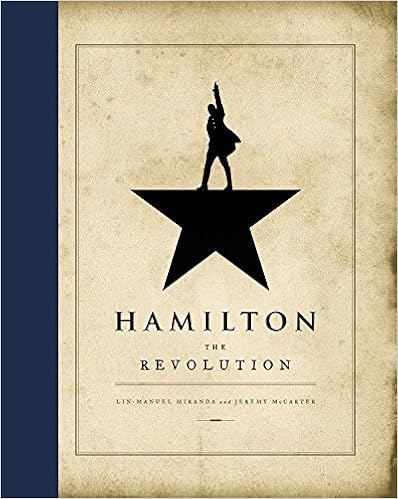A lot of people spent the last eight Sunday Nights watching Ryan Murphy's TV series, Feud, and I think I know why. First, it was a quality product: well-written, acted, edited and produced. It was also an intriguing story about well-known people in a fascinating industry. My mom, with her collection of books on the Golden Age of Hollywood, would have raved about this series, either praising or vilifying it to High Heaven. But, mostly I think the title explained why people tuned in Sunday after Sunday and can't wait for the next season: everyone loves to watch a good fight, and the nastier it gets, the better. In case you are experiencing Feud-withdrawal, and you like a battle of wits, may I suggest Literary Feuds: A Century of Celebrated Quarrels? Trust me, when it comes to insecurity and ugly behavior in public, writers are pugilists with words.
Take one of my favorite battles in the book, the one between Lillian Hellman and Mary McCarthy. You could argue these two, like Bette Davis and Joan Crawford, might have made better allies than enemies. As creative writers, political liberals, and women succeeding in fields still dominated by men they would have profited from mutual support. Unfortunately, they also shared twin faults: neither responded well to criticism and both liked to get in the last verbal slam. So, Lillian dismissed Mary's negative review of her script by saying the opinion of a mere "Lady magazine writer" wasn't worthy of her respect. Now, Mary wasn't a girl to let something like that go so when she was on TV, said Lillian, was an overrated, has-been and, "every word she writes is a lie, including 'and,' and 'the.' To Lillian, whose reputation at the time was based on her memoirs, those were fighting words. Lillian sued Mary the TV show, the station, and its host for every dime they had. Never mind that, since these gals were both past their peak of popularity, no one was really listening, or that Mary didn't have enough money to make the litigation cost-effective. Never mind that a lawsuit could (and did) ultimately cause Lillian more damage than Mary's original, catty remark. Ms. Hellman stuck to the fight for years, while her health and reputation sank like the Titanic. Only dying allowed her lawyers to drop the suit. And, McCarthy complained afterward that Lillian's death kept her from winning outright in court. Talk about your sore winner!
There are other wonderful tales of Writers Behaving Badly, like Truman Capote's shot across the bow to Gore Vidal ("So, how does it feel to be an enfent terrible?) and Theodore Dreiser slapping Sinclair Lewis, but I'll leave those for you to peruse. In the meantime, before you get into your own war of words, remember, fights are only truly fun to those outside of the line of fire. And writers know all the mean words.











